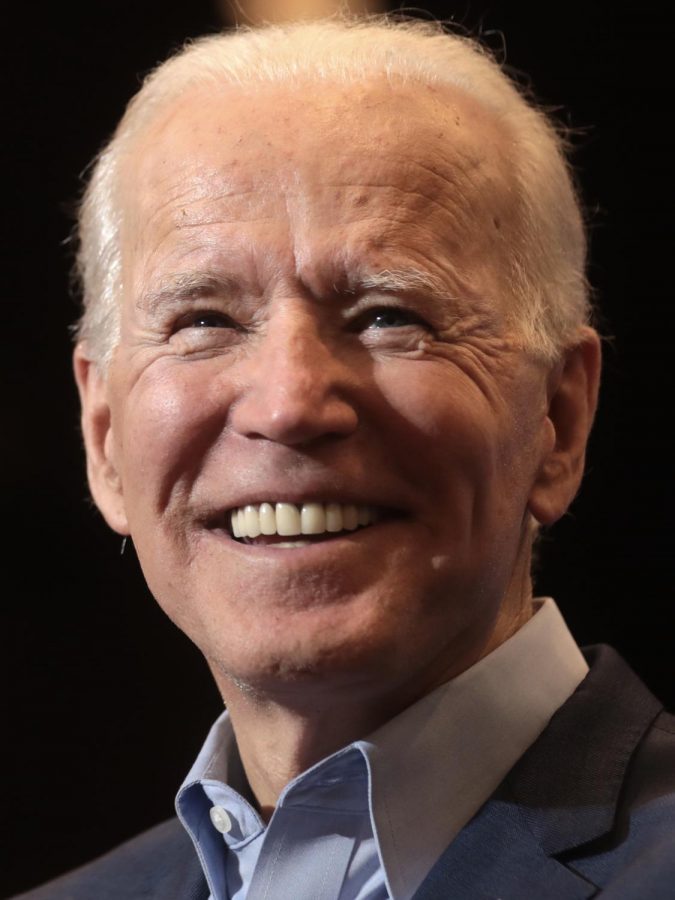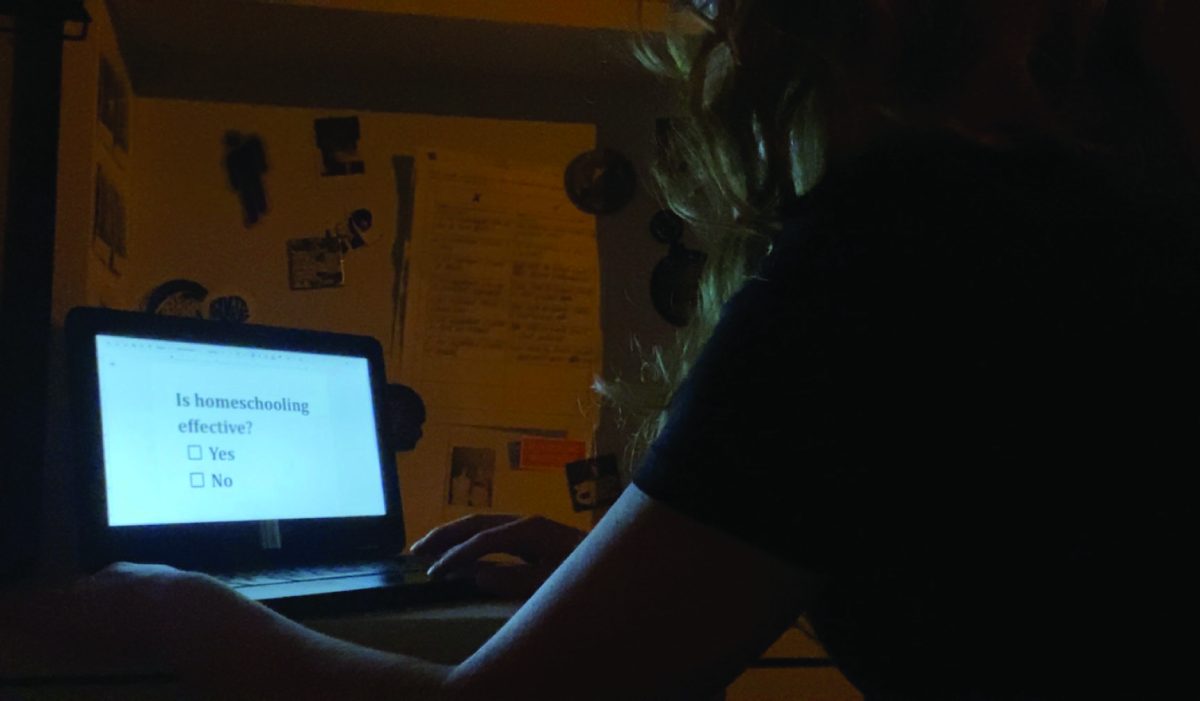Joe Biden’s presidential impact on education
Photo Cred: Gage Skidmore. File: Joe Biden February 2020 crop.jpg” by Gage Skidmore from Peoria, Arizona is licensed under CC BY-SA 2.0
January 15, 2021
Joe Biden’s presidential impact on education will affect the Lincoln Public Schools’ (LPS) district immensely. Biden’s plans increase the budget and introduce new legislation, which will fundamentally change education. Former Secretary of Education, Betsy DeVos, undid much of the educational legislation done in the Obama administration, of which Biden plans to reimplement. DeVos also played an integral part in the reopening of schools, saying on July 12, 2020 that “there’s nothing in the data that suggests that kids being in school is in any way dangerous to them.”
The Democrat victory in the Georgia runoff elections aids the efficacy of Biden’s educational policies. Democrats now have a majority in the Senate and the House, which will make the introduction of Biden’s policies much easier.
Lincoln Southeast (LSE) Senior Ray Ramos thought that “Mitch McConnnell will stop a lot of things,” and said that if the Democrats do not win the Senate, “I do not believe everything will pass.”
Biden plans on tripling the funding for the Title I Bill, also known as the Elementary and Secondary Education Act. This act provides funding for schools, and it emphasizes equal opportunities in education. Biden wants to use the tripled funding for this act to increase teacher wages, among other things. Biden also plans on adding more mental health workers into the educational system, in an effort to fight a crisis of mental health.
Senior Jeremy Breeden says that the increase of mental health workers, “will help a lot of teens and young adults in getting the support that they need.” Biden intends to put funding towards disabled programs as well, more than doubling their current funding.
One of Biden’s intentions is to increase the accessibility of technical and community colleges. Biden wants to make community college free for families that earn under $125,000 a year.
The inaccessibility of college is “a vicious cycle that will repeat itself,” Breeden said.
LPS currently has the Career Academy for technical education, which is an opportunity that Biden wants to spread nationwide. He also wants to increase the number of Advanced Placement (AP) classes offered at high schools. Ramos finds AP classes useful, as they “let you experience what a college class would be like.”
Jill Biden will be the First Lady in January, and will be the first to have a job during the presidential office. She is a professor at a community college, and her impact upon legislation will be substantial. Because of this, “she will know the effects of the educational policy,” and will be able to “give him first-hand experience,” Ramos said.
On Joe Biden’s first day in office, he plans to reinstate Obama’s protections for LGBTQ+ students, and specifically, transgender students. He will direct his Department of Education to “vigorously enforce and investigate violations of transgender students’ civil rights.” On Oct. 12, 2019, Biden swore to “extend our hate crimes law to cover sexual orientation and gender identity.”
Ramos says that the protections for transgender students “should have never been taken away in the first place.”
Biden’s intentions for education could have been curbed by the Georgia runoff elections, but even with this victory, his legislation could still face retaliation. Biden plans on increasing opportunities for community and technical colleges, providing protections for LGBTQ+ students, and providing funding for various programs. Biden’s belief in education opposes Trump’s in many ways, and his intentions will soon become either failed attempts, or actualized policies.










